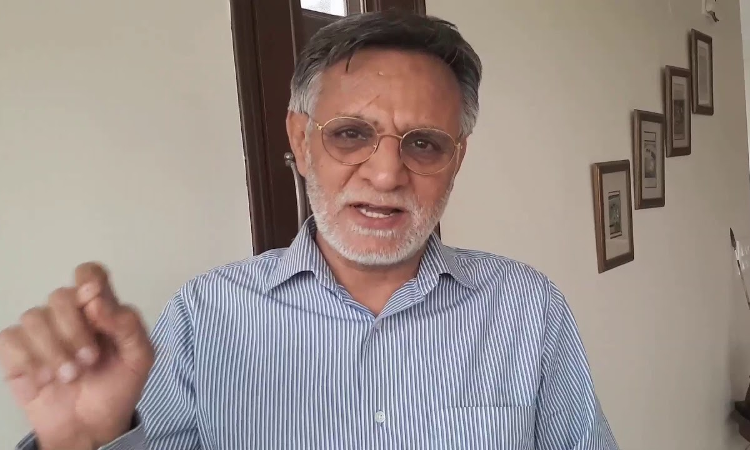Delhi High Court Reserves Order On Ashok Arora Suspension From SCBA Case
Shreya Agarwal
6 Nov 2020 4:07 PM IST

Next Story
6 Nov 2020 4:07 PM IST
Giving time to Ashok Arora and others till Monday to file their replies to the matter, the Division Bench of Justice Endlaw and Justice Asha Menon today reserved order in the matter of suspension of Ashok Arora as Secretary from the Supreme Court Bar Association (SCBA) after hearing Arora, SCBA, and the Bar Council of India. The Executive Committee of the SCBA had passed a resolution...
